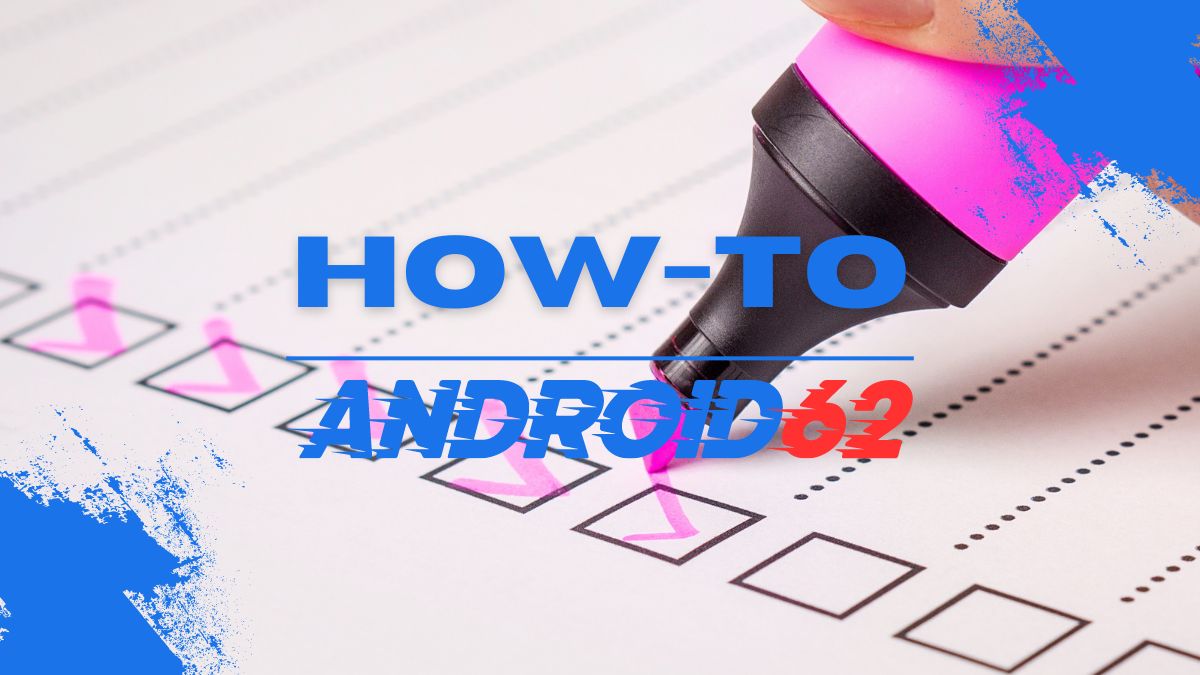
Introduction
Are you considering making Florida your permanent home? Becoming a Florida resident comes with numerous benefits, including tax advantages, access to top-rated healthcare facilities, beautiful beaches, and a vibrant social scene. This comprehensive guide will walk you through the steps and requirements to establish residency in the Sunshine State.
1. Understanding Residency Requirements
Before you can become a Florida resident, it is crucial to understand the residency requirements set by the state. Here are some key criteria:
- Physical Presence: You must physically reside in Florida for at least 183 days in a calendar year to qualify as a resident.
- Domicile: Florida must be your primary place of residence, where you intend to return whenever you are away.
- Intent: You must demonstrate your intent to establish permanent residency in Florida, such as obtaining a Florida driver’s license or registering to vote in the state.
2. Change your Driver’s License and Vehicle Registration
One of the first steps in becoming a Florida resident is obtaining a Florida driver’s license and registering your vehicle in the state. Here’s what you need to do:
- Visit a local Department of Highway Safety and Motor Vehicles (DHSMV) office.
- Provide proof of identity, such as a valid passport or birth certificate.
- Show proof of Social Security number and residential address in Florida.
- Pass a vision test and any required written or driving exams.
- Pay the applicable fees for a new driver’s license and vehicle registration.
3. Establish Florida Domicile
To establish domicile in Florida, you must take steps to make the state your primary place of residence. Here are some ways to demonstrate your intent to establish residency:
- Buy or rent a home: Purchase or rent a property in Florida to serve as your primary residence.
- Change your mailing address: Update your mailing address to reflect your Florida residence.
- File for homestead exemption: If you own a home in Florida, consider filing for homestead exemption, which offers property tax savings for permanent residents.
4. Register to Vote in Florida
Registering to vote in Florida is another critical step in establishing residency in the state. Here’s how you can register to vote:
- Visit the Florida Division of Elections website to register online or download a voter registration form.
- Complete the voter registration form and submit it either by mail or in person to your county’s Supervisor of Elections office.
- Provide proof of Florida residency, such as a Florida driver’s license or utility bill with your current address.
- Once registered, you can participate in local, state, and federal elections as a Florida resident.
5. Apply for a Florida Homestead Exemption
Florida offers a homestead exemption to permanent residents who own and occupy their primary residence in the state. This exemption provides property tax savings and certain protections. Here’s how you can apply for a homestead exemption:
- Contact your county’s Property Appraiser’s office to inquire about the homestead exemption application process.
- Complete the homestead exemption application form and submit it along with any required documentation, such as proof of residency and property ownership.
- Ensure that you meet the eligibility criteria, including owning the property as your primary residence as of January 1st of the application year.
- Enjoy property tax savings and other benefits as a Florida homeowner with a homestead exemption.
6. File Florida State Income Taxes
As a Florida resident, you are required to file state income taxes with the Florida Department of Revenue. Florida is known for being a tax-friendly state with no state income tax, making it an attractive choice for many residents. Here’s what you need to know about taxes in Florida:
- File your annual state income tax return by the deadline, typically April 15th of each year.
- Report any income earned within or outside of Florida, as Florida does not tax your income.
- Take advantage of tax deductions and credits available to Florida residents to maximize tax savings.
- Consult a tax professional for personalized advice on your tax situation and obligations as a Florida resident.
7. Access Florida Healthcare Benefits
As a Florida resident, you can access top-rated healthcare facilities and services in the state. Here are some key points to consider regarding healthcare benefits in Florida:
- Enroll in a health insurance plan through the Health Insurance Marketplace or Medicare if you qualify.
- Explore healthcare options available to Florida residents, including Medicaid for low-income individuals and families.
- Establish a primary care physician in Florida and schedule routine check-ups and screenings to maintain your health.
- Stay informed about healthcare resources and programs offered by the state to support residents’ well-being.
8. Enjoy Florida’s Lifestyle and Culture
Becoming a Florida resident allows you to enjoy the state’s vibrant lifestyle and diverse culture. Here are some activities and experiences you can look forward to as a Florida resident:
- Relax on Florida’s world-renowned beaches and soak up the sun year-round.
- Explore outdoor activities such as boating, fishing, hiking, and golfing in Florida’s scenic landscapes.
- Attend cultural events, music festivals, and art exhibits showcasing Florida’s rich heritage and creativity.
- Connect with local communities and make new friends through social clubs, volunteer opportunities, and neighborhood events.
Conclusion
Transitioning to Florida residency offers a wealth of benefits, from tax advantages to access to quality healthcare and a vibrant lifestyle. By following the steps outlined in this guide and meeting the residency requirements, you can successfully become a Florida resident and enjoy all that the Sunshine State has to offer.



